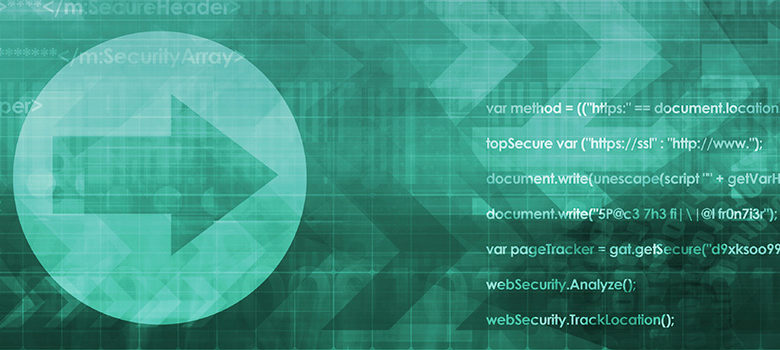
At its 2014 Annual Meeting, the National Council of Examiners for Engineering and Surveying (NCEES) voted to modify key education and experience requirements within the NCEES Model Law and Model Rules. The Model Law and Model Rules are best-practice models for state licensure laws and rules.
The first change addresses a previous requirement that called for an engineering licensure candidate to obtain a master’s degree or its equivalent before initial licensure. The requirement was first added to the model documents in 2006, and was originally intended to be effective in 2020. Annual meeting delegates voted to remove this specific language, and, instead, develop an official NCEES position statement that supports additional engineering education beyond a bachelor’s degree. The Council’s latest decision means that in 2020 the Model Law and Model Rules will continue to require an engineering bachelor’s degree from an EAC/ABET-accredited program to fulfill the education requirement for engineering licensure.
“NCEES remains committed to improving education standards to better prepare engineers to enter the profession and will work with other engineering organizations, educators, and the professional engineering community to reach that goal,” said NCEES Chief Executive Officer Jerry Carter. “NCEES voted to remove these requirements to avoid confusion and unintended comity licensure barriers while it works on the specifics of the requirement.” Carter explained that having the additional education requirement in the model documents was creating uncertainty about what would be required for licensure in the future and impacting students entering engineering programs. “The language about requiring additional education beyond the bachelor’s degree was inserted in the NCEES model governance documents to reflect the belief of the Council that significant revisions are needed in the education of engineers to ensure that they are prepared to enter the professional practice of engineering. Because the language had been incorporated into the NCEES Model Law and Model Rules but had not yet been adopted by any individual licensing board, it was causing confusion among students, educators, and professional engineers,” he said.
The second change addresses eligibility requirements to sit for the Principals and Practice of Engineering (PE) exam. Previously, the NCEES model governance documents required that a candidate complete four years of progressive engineering experience prior to taking the examination. However, for a number of years, several NCEES member boards have been allowing candidates to sit for the exam prior to obtaining the four years experience required in the model documents. This can create a frustrating situation for the candidate who successfully passes the exam and later seeks comity in a state that does not recognize exam results obtained prior to four years of experience, despite having attained all three elements of licensure (education, experience and examination).
Carter said that this change does not alter the requirements themselves. “The Model Law still requires four years of engineering experience for licensure. You don’t have to meet the experience requirement before you can take the PE exam, but you do have to earn this experience, along with meeting the education and exam requirements, before you can become licensed as a professional engineer.”
All changes to the Model Law and Model Rules are subject to implementation at the state level. Each jurisdiction will decide whether, and when, to adopt these changes.






